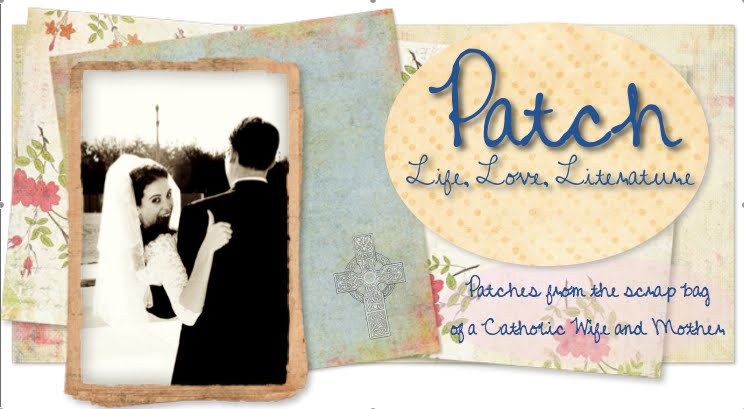In the first play of the Oresteia, Agamemnon, a great king, returns home from the Trojan War. He has led the Greek armies to triumph after ten years, and he eagerly anticipates his reunion with his wife Clytemnestra and his two remaining children. [He sacrificed the first one, but that's another story.] Upon his arrival, Clytemnestra plans a huge celebratory entrance into the city and asks him to enter his house walking on red cloths strewn upon the ground. This final honor is usually reserved for gods, and Agamemnon (rightly) hesitates. Cajoled by his wife, he finally accepts the honor, with a "please don't kill me" prayer to the gods, and enters his house. Tragically, while he's been gone Clytemnestra has been living with his cousin Aegisthus [who hates Agamemnon because his dad, Atreus, made Aegisthus' dad eat his own kids, leaving Aegisthus as the only survivor, but that's yet another story]. Together the couple has planned Agamemnon's murder, and he, unsuspecting of treachery, is brutally slain in his bathtub, entangled by a net and axed in the head by his wife. (I know, lovely thing to be contemplating at 5 am.)
The Greeks LOVED this story. To them, it was one of the ultimate tragedies. Homer uses it in the Odyssey to contrast Penelope's faithfulness to Odysseus with the unnatural lust, infidelity, and violence of Clytemnestra (though he claims Aegisthus struck the final blow). However, the Greeks didn't just enjoy the story because of the irony of a man entering the city victoriously only to be slaughtered by the ones who should love him most, but because of the revenge that takes place through Orestes, the son of Clytemnestra and Agamemnon. That act of justice provides the proper catharsis for the fear and pity aroused by the tragic start of the three act play. In other words, the story was great because it was a story of revenge; the tragedy was great because it was unexpected, undeserved, and eventually answered in the double killings by Orestes and by the consequent rulings of justice by Athena, et al.
 |
Scenes from the Life of Christ: Entry into Jerusalem |
Christianity is a religion that deals with reality. No "white glove" avoidance of the grittier aspects of life for us (Ivan Ilych style); our God is the one who heals blindness with spit and mud. Our celebration of Palm Sunday is "gritty" like this. I think we celebrate the good of recognizing that Christ is Lord, the good of homage before our God made Man and dwelling among us. At the same time, our joy is mixed with grief at our own betrayal. We are Clytemnestra, the whore of Babylon that praises God and yet turns from Him over and over to satisfy our carnal desires.
The readings for Palm Sunday acknowledge our duplicity. We praise as God one who "did not regard equality with God something to be grasped," but "emptied himself, taking the form of a slave." Then, we read the Passion according to Mark, and we become the voice of the Crowd, those who praised Him, those who welcomed Him, only to shout "Crucify Him!" days later.
We don't celebrate our hypocrisy. We celebrate God's mercy in response to our weakness. We reenact Palm Sunday not because we delight in the irony of our treachery, but because we are in awe that in our worst moment of betrayal, God elevated our humanity and gave us forgiveness and the chance at eternal life with Him. We glory "not that we loved God but that He loved us and sent His Son to be the expiation for our sins."
This is the mystery of Our God, that He can take a moment of tragic irony--a triumphant march to death at the hands of one's own people--and redeem it through love rather than revenge, through life rather than through death.
Aeschylus was a master story-teller. But despite all his Furies and the court of Athena with Apollo bellowing Orestes' defense, his story remains essentially a human one justified on a mythical plane. Our Story, inexplicable apart from a knowledge of God's nature, transcends history, human reason, and human justice. Our Church is the New Jerusalem, our Mass is Calvary, and our redemption through grace is just as real today as it was for the first Christians when Christ begged, "Father, forgive them they know not what they do." And it is for this reason that we rejoice.
Image source

